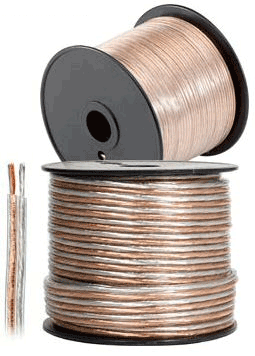My school is cheap. very cheap. for every purchase we make we have to go through this whole long crazy ordeal to get the adequate funds for it.
So, I was wondering, is it possible to just solder connectors on to speaker wire? (i understand some things need to be shielded and such, but im not sure which ones)
so here's a list of what i would like to solder on to speaker wire
- Mono Quarter inch (TRS) jack
-XLR (3 pin and 4 pin, I would just get extra speaker wire for the third and fourth connecter)
so is any of this even possible?
So, I was wondering, is it possible to just solder connectors on to speaker wire? (i understand some things need to be shielded and such, but im not sure which ones)
so here's a list of what i would like to solder on to speaker wire
- Mono Quarter inch (TRS) jack
-XLR (3 pin and 4 pin, I would just get extra speaker wire for the third and fourth connecter)
so is any of this even possible?



